Who has fully realized that history is not contained in thick books but lives in our very blood?
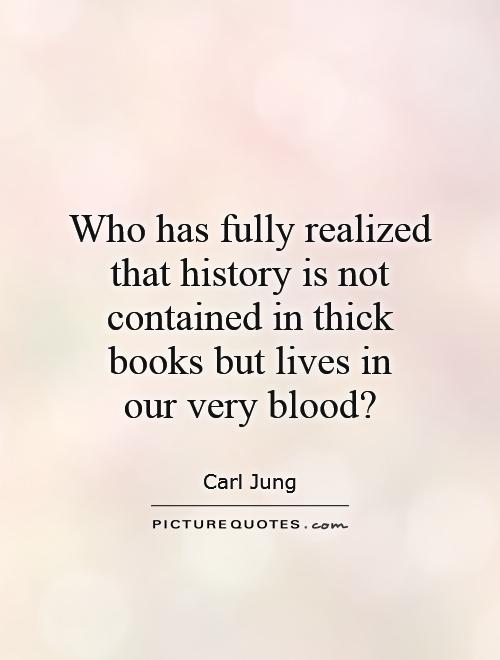
Who has fully realized that history is not contained in thick books but lives in our very blood?
Carl Jung, a Swiss psychiatrist and psychoanalyst, was a pioneer in the field of psychology and a prominent figure in the development of analytical psychology. He believed that history is not just contained in thick books, but lives in our very blood. This statement reflects Jung's belief in the collective unconscious, a concept he developed to explain the shared psychological experiences and archetypes that are present in all human beings.Jung believed that our individual psyches are connected to a larger, collective unconscious that contains the memories, experiences, and symbols of all of humanity. This collective unconscious is not something that can be learned from books or taught in schools, but is instead a part of our very being. It is the source of our instincts, intuitions, and dreams, and shapes our thoughts, emotions, and behaviors in ways that we may not always be aware of.
In this sense, history is not just a series of events that happened in the past, but is a living, breathing force that influences us in the present. Our ancestors' experiences, traumas, and triumphs are encoded in our DNA and passed down through generations, shaping who we are and how we perceive the world around us. By tapping into this collective unconscious, we can gain a deeper understanding of ourselves and our place in the world.
Jung's words remind us that we are not separate from history, but are inextricably linked to it. Our past is not something that we can simply forget or ignore, but is a part of us that continues to shape our present and future. By acknowledging and embracing this connection to our history, we can gain a greater sense of self-awareness, purpose, and meaning in our lives.
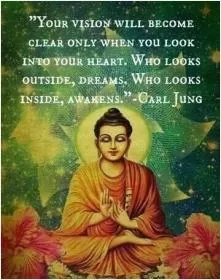
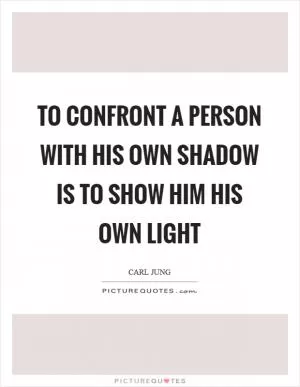
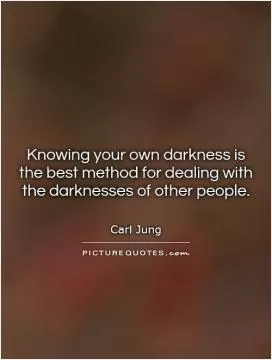
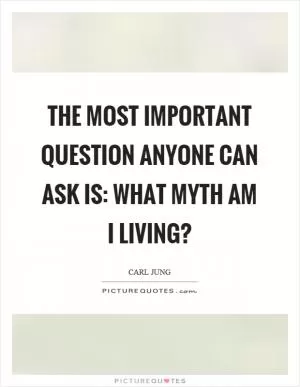
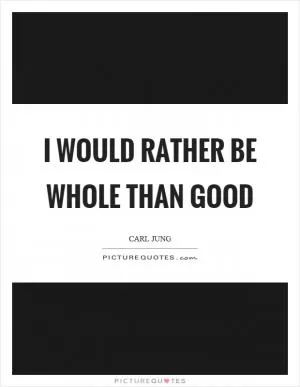
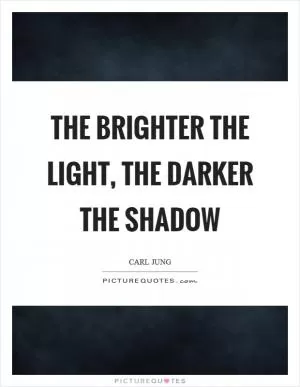
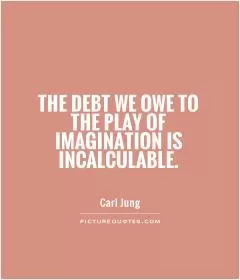
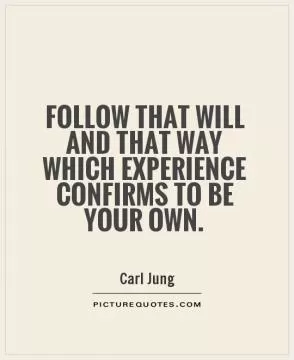
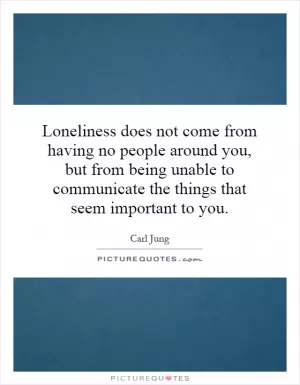
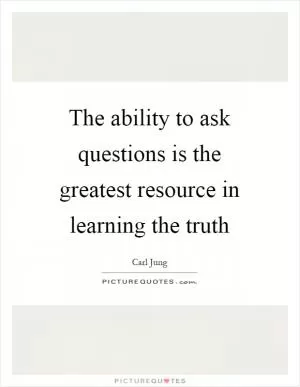
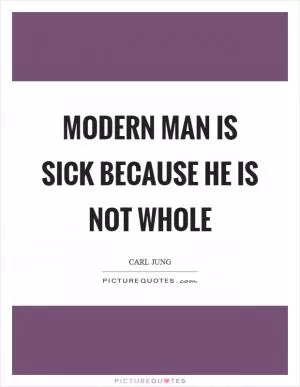
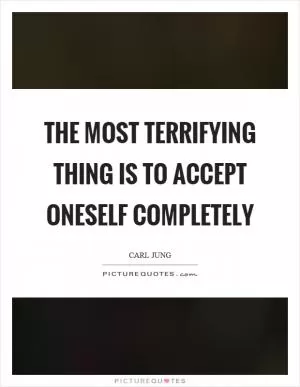
 Friendship Quotes
Friendship Quotes Love Quotes
Love Quotes Life Quotes
Life Quotes Funny Quotes
Funny Quotes Motivational Quotes
Motivational Quotes Inspirational Quotes
Inspirational Quotes